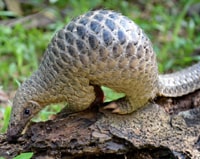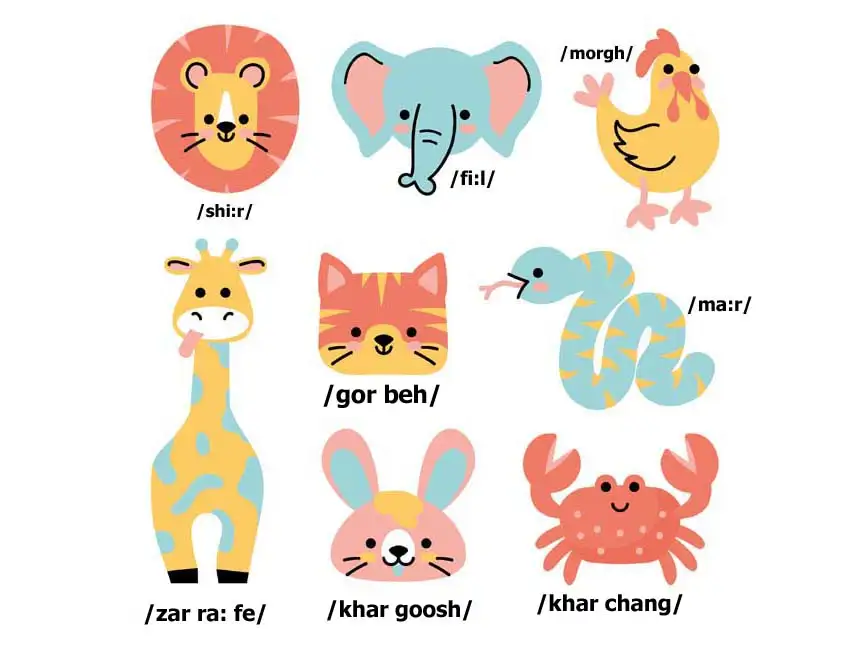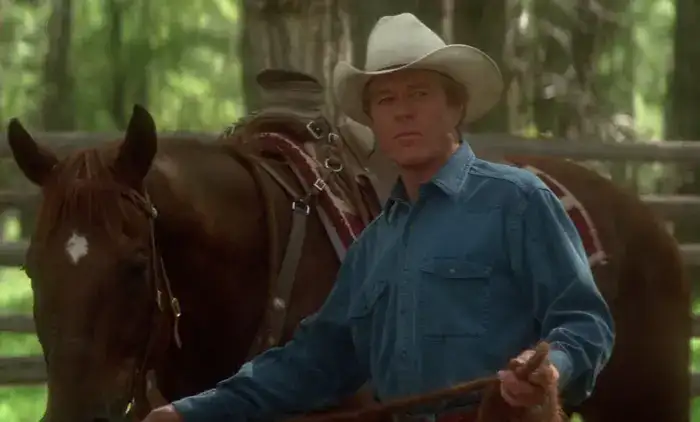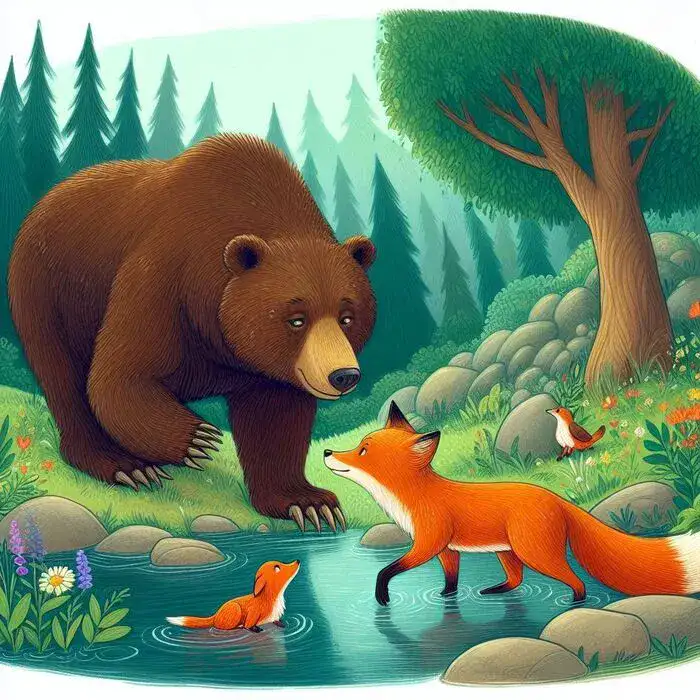English Documentary on Pangolins English Documentary on Pangolins https://www.youtube.com/watch?v=DqC3ieJJlFM The world's most trafficked mammal is one you may have never even heard of: the pangolins. Despite its lizard-like appearance, the pangolin is indeed a mammal. Some pangolins are as small as a house cat, while others are as big as a medium-sized dog. Pangolins are covered in as many as 1,000 scales, which protect them from predators like big cats. When threatened, a pangolin's natural defense is to curl up into a ball. Unfortunately, there's one predator that pangolins aren't able to protect themselves against; humans. According to some estimates, ...
Home » English Documentaries with Transcript » English Documentary on Pangolins with Flashcards

English Documentary on Pangolins with Flashcards
Updated: by Dr. Mohammad Hossein Hariri Asl
Time to Read: 4 minutes | 378 Views | 5 Comments on English Documentary on Pangolins with Flashcards
Share This Post
About the Author
Dr. Mohammad Hossein Hariri Asl is an English and Persian instructor, educator, researcher, inventor, published author, blogger, SEO expert, website developer, entrepreneur, and the creator of LELB Society. He's got a PhD in TEFL (Teaching English as a Foreign Language).
Number of Posts: 4242



D.r what does (injures) mean?
Hi dear Sorrosh,
Injuries here means wounds or physical damages on pangolin’s bodies generally caused by humans and their snares or traps.
Poachers use trafficking routes that span the globe, frequently shifting routes to evade law enforcement. All eight pangolin species, found only in tropical Asia and Sahara in Africa, are now at risk of extinction. Pangolins are killed for a variety of uses, from medicine to luxury goods with the greatest demand in China and Vietnam. Pangolin scales, often powdered or made into a paste, are prescribed in traditional medicine for everything from relieving arthritis to stimulating lactation (Elapsed time: 1 minute 40 seconds)
Glad to see you’re transcribing! There’s a minor defect in your transcription. I wonder if you or others could detect it.
The world’s most trafficked mammal is one you may have never even heard of: the pangolins. Despite its lizard-like appearance, the pangolin is indeed a mammal. Some pangolins are as small as a house cat, while others are as big as a medium-sized dog.
Pangolins are covered as many as 1,000 scales, which protect them from predators like big cats. When threatened, a pangolin’s natural defense is to curl up into a ball.
Unfortunately, there’is one predator that pangolins aren’t able to protect themselves against; humans. According to some estimates, poachers have hunted more than one million pangolins in the past decade. (Elapsed Time: 1 minute)